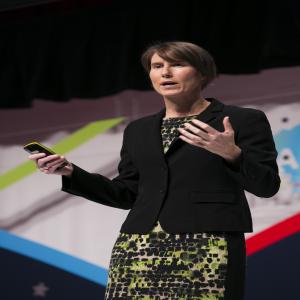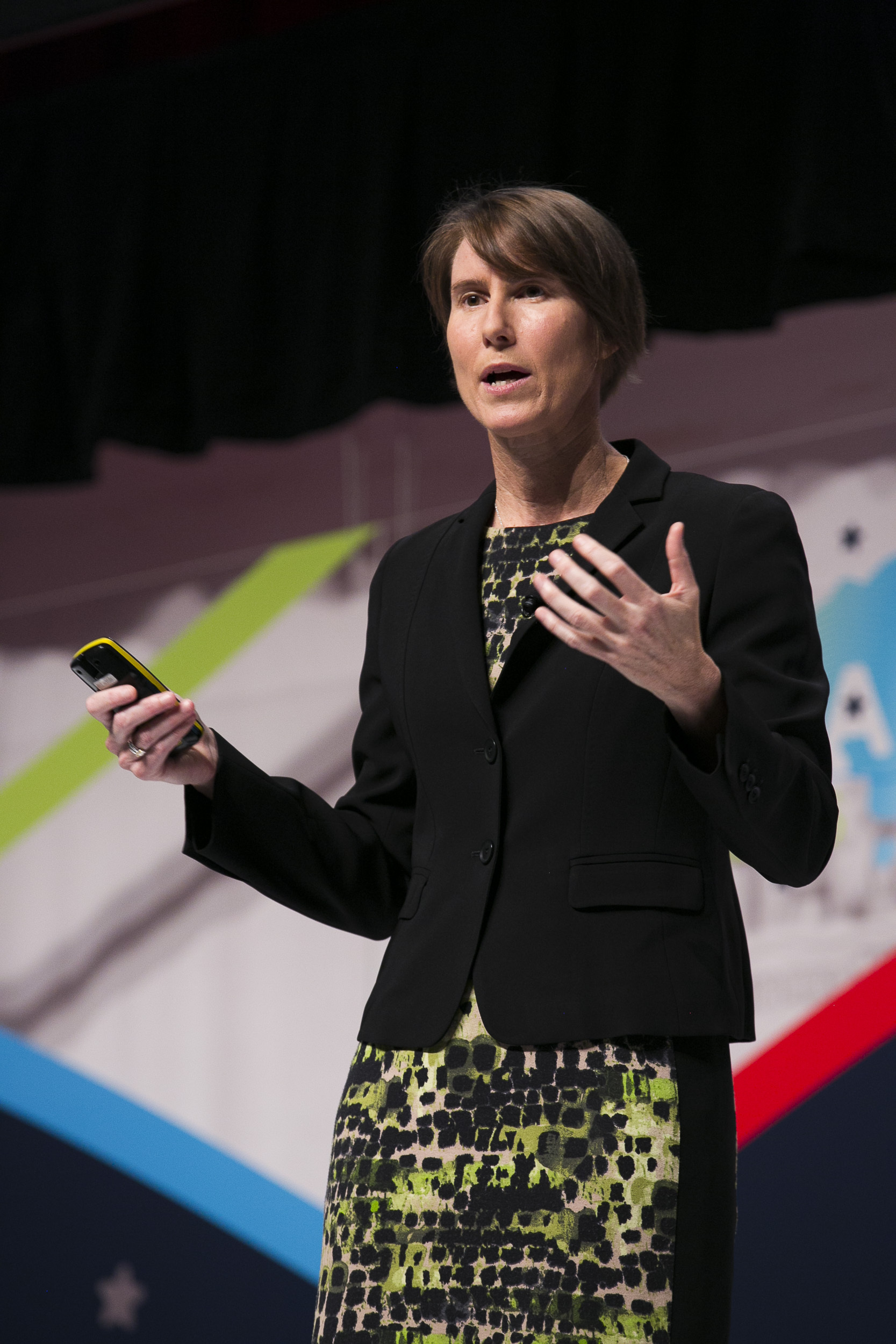Episodes

Sunday Feb 23, 2025
Better Simulation Debriefing: The 7 Drivers of Team Effectiveness
Sunday Feb 23, 2025
Sunday Feb 23, 2025
Welcome to the first episode of Simulcast's special series on teamwork, hosted by Victoria Brazil and Dr. Eve Purdy. This episode introduces listeners to the seven drivers of team effectiveness, a framework developed by experts Scott Tannenbaum and Eduardo Salas, and described in their recent book - Teams That Work. With Eve's expertise in team dynamics across various healthcare contexts, we delve into how these drivers enhance team function, particularly in simulation debriefing rooms.
This episode covers the foundational principles that help teams coordinate, communicate, and execute tasks effectively, even under challenging conditions. It explains the importance of individual capabilities, efficient communication, and shared cognitions (or mental models), linking these to real-world applicability in healthcare teams.
Further discussions explore the conditions teams operate in, the cooperative values they hold, and the leadership—or coaching—methods that guide them. Designed to equip listeners with deep insights into teamwork, this episode sets the tone for further exploration into creating cohesive, high-performing teams from healthcare simulation.

Sunday Jan 12, 2025
Navigating Emotions in Simulation-Based Education
Sunday Jan 12, 2025
Sunday Jan 12, 2025
In this episode of Simulcast, host Victoria Brazil talks to co-authors Vicki LeBlanc and Glenn Posner to discuss their latest article, "More Than a Feeling: Emotional Regulation Strategies for Simulation-Based Education." The discussion delves into the complex interplay of emotions in healthcare simulation and explores strategies to harness these emotional experiences for improved learning.
Vicki LeBlanc shares insights on how emotions drive clinical learning and performance, highlighting her research into acute stress and performance across various medical settings. Glenn Posner, a seasoned simulation educator, reflects on the importance of creating emotionally safe learning environments and the art of debriefing.
The hosts and guests further discuss the cognitive and behavioral aspects of emotion regulation, emphasizing that emotions are neither inherently good nor bad. They explore practical strategies for recognizing and responding to emotions before and after simulation experiences.
This episode is a deep dive into understanding and managing emotions in simulation education, providing listeners with valuable tools and insights to apply in their practice.

Sunday Jan 05, 2025
Exploring Simulation in Healthcare: Enhancing Root Cause Analysis
Sunday Jan 05, 2025
Sunday Jan 05, 2025
In the latest episode of Simulcast, Victoria Brazil and Ben Symon delve into two compelling papers that explore the intersection between healthcare simulation and patient safety. Join them for the November edition of the Simulcast Journal Club as they discuss how simulation can enhance root cause analysis (RCA) of adverse surgical outcomes.
The primary focus is on a landmark paper by Douglas Slakey and his team, published in the International Journal for Quality in Healthcare in 2014. This research investigates the potential of using simulation to recreate adverse surgical events, aiming to uncover deeper insights beyond traditional root cause analysis.
Through detailed case studies, including instances of unrecognized complications and erroneous surgeries, the episode highlights the complexities of medical errors and the limitations of conventional analysis. The hosts consider whether simulation can offer a more nuanced understanding, acknowledging the challenges of resource-intensive processes.
Tune in to explore the possibilities of simulation as a tool to bridge gaps in patient safety and improve healthcare outcomes, challenging the status quo in root cause analysis.

Sunday Jan 05, 2025
Sunday Jan 05, 2025
Join Victoria Brazil and Ben Symon in this episode of Simulcast as they dive into the world of hospital design and 'vertical transport' :-). The discussion is about a study by Sheila Barnett and Kate Stevens, showcasing the importance of lift sizes in the safe and efficient transport of critical care patients, and how simulation can help in the testing process.
This study, presented at the NZASH simulation conference, utilizes simulation to inform the planning of the new hospital in Dunedin, New Zealand. The episode highlights the pragmatic approach used in simulating the hospital lift sizes, emphasizing how simple, cost-effective simulations can play a crucial role in healthcare design. Discover the insights and recommendations that emerged from this study, advocating for the adoption of jumbo lift sizes and raising the bar for future hospital designs.

Friday May 05, 2023
Educating for Adaptive Expertise: a Harvard Macy podcast
Friday May 05, 2023
Friday May 05, 2023
In this episode, Vic speaks with Martin Pusic, Bill Cutrer and Elissa Hall about their article - Educating for adaptive expertise: case examples along the medical education continuum.
What do we mean by ‘adaptive expertise’? Our discussion starts with some definitions and examples: “routine procedural approaches, plus creative innovative ones, when the situation calls for it”. This capacity is critical in a healthcare environment brimming with complexity.
How do we educate for adaptive expertise? Our guests suggested 4 instructional strategies: developing deep conceptual understanding, exposure to meaningful variation, emphasis on productive struggle and discovery, and “metacognitive strategizing”, and drew upon the Master Adaptive Learner conceptual model.
We worked through the practicalities of this kind of education in the undergraduate, postgraduate (Emergency Medicine) and continuing professional development (CPD) educational contexts. This is not easy! Our guests explained how they have worked through various barriers and constraints to realise the opportunities for fostering adaptive expertise in our healthcare professionals
Happy listening!

Wednesday Mar 29, 2023
Team Performance Jono Da Silva with Vic Brazil and Eve Purdy
Wednesday Mar 29, 2023
Wednesday Mar 29, 2023
A podcast recorded at Gold Coast UNiversity Hospital about teams and teamwork in the emergency department

Tuesday Dec 20, 2022
12 tips for inclusive teaching with Jeremy Amayo
Tuesday Dec 20, 2022
Tuesday Dec 20, 2022
“Increased global attention to diversity, equity, and inclusion necessitates inclusive teaching in health professions education.” The opening line of this article by Jeremy Amayo and team set the scene for a wide ranging discussion of principle and practical strategies to help teachers be more inclusive – in the classroom, in the clinical environment, and in the online learning environment.
We start with a fundamental question to ask ourselves when considering inclusive teaching - “Who is being left out?”. We consider how our health professions learners are increasingly diverse – not only with regard to race, ethnicity, gender, and sexual orientation, but also underrecognized traits like introversion/ extroversion, organizational habits, preferred learning styles, and reading speed. The 12 tips traverse fundamental principles to simple practical tips

Tuesday Dec 20, 2022
Better academic writing with Lorelei Lingard
Tuesday Dec 20, 2022
Tuesday Dec 20, 2022
Most of us would like to ‘write better’, but few of us make intentional efforts to improve. Lorelei Lingard is internationally known for her efforts to help health researchers and clinical scholars become better writers. In this podcast we talk about her Writers Studio courses and her book “Story, not Study”, 30 Brief Lessons to Inspire Health Researchers as Writers.
Lorelei Lingard has a ‘day job’ as Professor in the Department of Medicine, and Senior Scientist at the Centre for Education Research & Innovation, both at the Schulich School of Medicine & Dentistry at Western University in Canada. With a PhD in Rhetoric, she studies the communication practices of clinical teams, and evidence-based educational initiatives to improve teamwork. She received the Karolinska Prize for Research in Medical Education in 2018.
In this conversation, she shares details of her training in rhetoric, her transition to working in health professions education, and her joy she finds in coaching relationships as a writing mentor. We spoke about the Writer’s Craft - a transformative series of articles on better academic writing - written by Lorelei and her colleague Chris Watling (also an HMI alumnus). Each article offers a succinct pearl: Mastering the sentence, Enlisting the power of the verb, Get control of your commas, and many more. Building on this series and their coaching work, the duo has now produced “Story, not Study”, 30 Brief Lessons to Inspire Health Researchers as Writers. If you’ve never considered your writing voice, whether you paragraph strategically, or how you approach academic hedging, this is a great place to start.

Saturday Nov 26, 2022

Wednesday Aug 17, 2022

